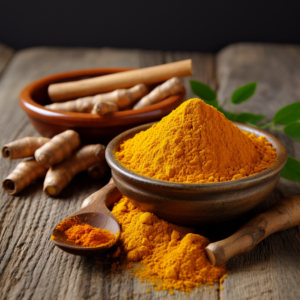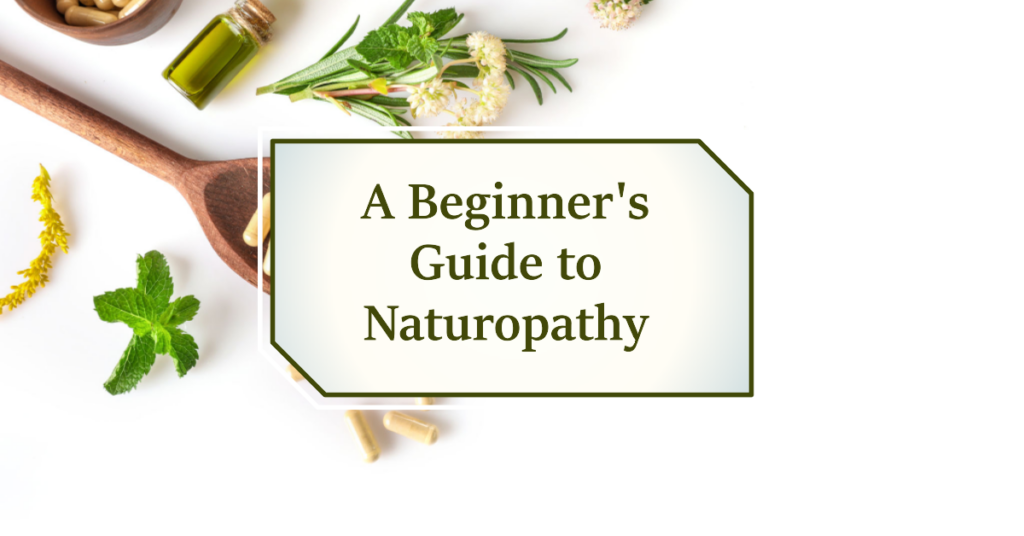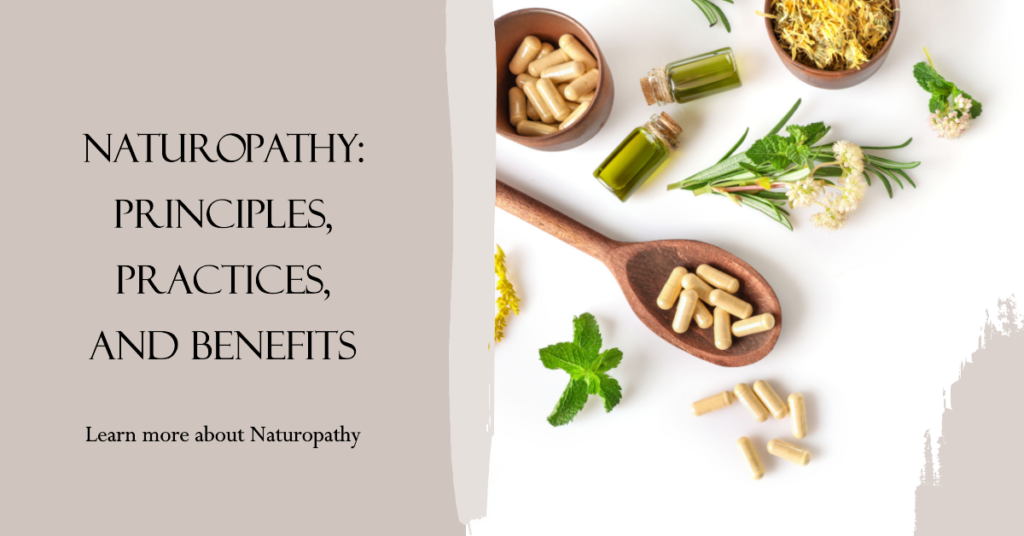4 Natural Home Remedies For Cough And Sore Throat

In this comprehensive guide, we will delve into the various natural home remedies that can help alleviate the symptoms of cough and sore throat, ensuring you get back to your best self in no time.
Suffering from a relentless cough and a nagging sore throat can truly take a toll on your daily life. Thankfully, Mother Nature has provided us with a plethora of natural remedies that are at our disposal. These remedies not only offer relief but also come with minimal side effects, making them a preferred choice for many.
Understanding Cough and Sore Throat
Before we jump into the remedies, it’s crucial to understand what we’re dealing with. Coughs and sore throats can be caused by various factors including viral infections, bacterial infections, allergies, and environmental irritants.
The symptoms may include a persistent cough, irritation in the throat, difficulty swallowing, and general discomfort. If these symptoms are accompanied by a high fever, shortness of breath, or last for more than a week, it is advisable to seek medical attention.
1. Honey: The Natural Respite for Troubling Coughs
We’ve all been there: lying in bed, gazing up at the ceiling, unable to fall asleep due to that lingering cough. Or perhaps you’ve felt the uneasy onset of a cough during an important meeting, the theater, or another ill-timed event. If you’ve found yourself yearning for a natural remedy instead of reaching for the usual over-the-counter solutions, honey might be your sweet salvation.
A Historical Panacea
Beyond its culinary charm, honey has been a beacon of therapeutic hope for centuries. Ancient cultures didn’t just appreciate its delightful sweetness; they recognized its potential as a healer. A spoonful of this amber nectar contains a complex mix of sugars, trace enzymes, amino acids, minerals, vitamins, and flavonoids, making it more than just a sweet treat.
The Soothing Mechanism
Honey’s magic lies in its dual action against coughs. Firstly, its thick consistency can provide a soothing coat to an irritated throat, alleviating that incessant tickling sensation. Secondly, thanks to its inherent antimicrobial properties, it’s equipped to tackle the bacterial culprits behind some coughs, potentially reducing their severity and duration.
Harnessing the Benefits
To make the most of honey’s soothing properties,
- Opt for a tablespoon of raw, organic honey, ensuring you’re getting its full medicinal potential.
- If the cough is particularly aggressive or persistent, consider dissolving the honey in a warm (not boiling) cup of water. It’s a comforting drink, especially beneficial before bedtime.
- For an added twist and potential throat-clearing benefits, a dash of fresh lemon juice can elevate your warm honey water.
However, Exercise Caution
While honey can be a soothing balm for many, it’s not for everyone.
- Avoid giving honey to infants under 12 months due to the risk of botulism, a rare but serious illness.
- If you’re allergic to honey or pollen, steer clear to prevent allergic reactions.
- Remember, honey is rich in sugar. For those with diabetes or on a strict sugar-monitoring regimen, it’s essential to consume in moderation.
In Conclusion
Nature often gives us simple solutions to some of life’s uncomfortable moments. Perhaps it’s time to open that jar of honey in your kitchen if you’ve been suffering from a cough. It might just offer the sweet relief you’ve been searching for.
2. Ginger: A Potent Ally in Your Battle Against Cough and Sore Throat
When it comes to home remedies for coughs and sore throats, ginger stands tall as a powerful, natural solution. Its potent anti-inflammatory and antibacterial properties make it an excellent choice for soothing irritation and fighting off infection.
A Rich Tradition of Healing
Ginger has been a staple in traditional medicine for thousands of years, valued for its medicinal properties and its ability to alleviate a variety of ailments. From ancient China to India, ginger has been used to treat everything from digestive issues to respiratory conditions.
The Healing Properties of Ginger
The power of ginger lies in its active compound, gingerol, which has strong anti-inflammatory and antioxidant effects. These properties are essential in providing relief from the irritation and inflammation that accompany a cough and sore throat.
Utilizing Ginger for Cough and Sore Throat Relief
To harness the full benefits of ginger, you can incorporate it into your routine in several ways:
- Ginger Tea: Steep freshly sliced ginger in hot water for a few minutes. Add honey or lemon for an extra boost of soothing properties and flavor.
- Ginger and Honey: Combine ginger juice with honey and take a spoonful as needed to soothe your throat.
- Ginger Inhalation: Boil ginger slices in water and inhale the steam to help open up your airways and alleviate congestion.
Precautions and Considerations
While ginger is generally safe for most people, there are a few things to keep in mind:
- If you are pregnant, nursing, or have certain medical conditions, consult with your healthcare provider before using ginger as a remedy.
- Ginger can interact with certain medications, so it’s important to check with your doctor if you are on medication.
- Consuming ginger in excessive amounts may lead to heartburn or digestive issues. It’s important to use it in moderation.
In Conclusion
Ginger’s long-standing reputation as a natural healer is well-deserved. Its potent anti-inflammatory and antibacterial properties make it a powerful ally in the fight against coughs and sore throats. By incorporating ginger into your routine in a responsible and mindful manner, you can tap into its healing power and find relief from the discomfort of respiratory ailments.
3. Garlic: A Powerful Remedy for Cough and Sore Throat
Garlic, known for its pungent aroma and strong flavor, is not just a culinary staple but also a powerful natural remedy for a variety of ailments, including coughs and sore throats. Its potent medicinal properties have been recognized and utilized for centuries across different cultures.
The Healing History of Garlic
Dating back to ancient civilizations, garlic has been revered for its healing properties. The ancient Egyptians, Greeks, and Romans all utilized garlic for its therapeutic benefits, recognizing its ability to strengthen the body and fight off ailments.
Understanding Garlic’s Medicinal Properties
Garlic owes its medicinal properties to a compound called allicin, which is released when garlic is crushed or chopped. Allicin has potent antibacterial and antiviral properties, making garlic a formidable opponent against respiratory infections that can cause coughs and sore throats.
How to Use Garlic for Cough and Sore Throat Relief
To tap into garlic’s healing powers, you can incorporate it into your routine in various ways:
- Garlic Tea: Steep crushed garlic cloves in hot water, and drink the infusion. You can add honey or lemon to enhance the taste and boost the remedy’s soothing properties.
- Raw Garlic: Consuming raw garlic might not be the most pleasant experience, but it ensures you get the maximum benefit from the allicin. You can chop a garlic clove and consume it with a teaspoon of honey to make it more palatable.
- Garlic Oil: Applying garlic oil externally on the throat area can help alleviate soreness.
Precautions When Using Garlic
While garlic is a potent natural remedy, there are certain precautions to keep in mind:
- Raw Garlic: Consuming raw garlic in large quantities can lead to digestive discomfort. Start with small amounts and observe how your body responds.
- Allergies: Some individuals might be allergic to garlic. If you experience any adverse reactions, discontinue use immediately.
- Medication Interaction: Garlic can interact with certain medications, including blood thinners. Consult with your healthcare provider if you are on medication.
In Conclusion
Garlic stands out as a powerful ally in the fight against coughs and sore throats, offering antibacterial and antiviral properties that can help fend off respiratory infections. By incorporating garlic into your health regimen responsibly and being mindful of its potent nature, you can harness its healing powers and find relief from the discomfort of coughs and sore throats.
4. Turmeric: A Golden Remedy for Coughs and Sore Throats
Turmeric, with its distinctive golden hue, is more than just a staple spice in culinary delights; it’s a powerhouse of healing properties. Renowned for its anti-inflammatory and antioxidant benefits, turmeric has become a go-to natural remedy for various health issues, including coughs and sore throats.
The Ancient Roots of Turmeric’s Healing Powers
Turmeric has been an integral part of traditional medicine in India for thousands of years. Its active compound, curcumin, is credited with its potent healing properties. Ancient practitioners recognized its ability to alleviate various ailments and promote overall well-being.
Unpacking the Medicinal Properties of Turmeric
Curcumin, the active ingredient in turmeric, boasts anti-inflammatory, antioxidant, and antibacterial properties. These properties make turmeric an excellent choice for soothing inflamed throat tissues and combating the bacteria that can cause coughs.
How to Use Turmeric for Cough and Sore Throat Relief
Incorporating turmeric into your routine can be both delicious and beneficial:
- Turmeric Tea: Create a soothing turmeric tea by steeping a teaspoon of ground turmeric in hot water. Enhance the taste and boost the benefits with honey, lemon, or ginger.
- Golden Milk: Combine turmeric with warm milk (dairy or plant-based) and a dash of black pepper to increase absorption. This comforting drink is perfect before bedtime.
- Turmeric Gargle: Dissolve a teaspoon of turmeric in warm water and use it as a gargle to directly soothe your sore throat.
Maximizing Absorption and Efficacy
To ensure you reap the maximum benefits from turmeric:
- Pair with Black Pepper: Black pepper contains piperine, which can significantly increase the absorption of curcumin.
- Opt for Quality: Choose high-quality, organic turmeric powder or fresh turmeric root for the best results.
Precautions and Considerations
While turmeric is generally safe for most individuals:
- Watch the Dosage: Excessive consumption of turmeric can lead to digestive issues. Stick to recommended amounts and observe your body’s response.
- Consult Your Healthcare Provider: If you are on medication, especially blood thinners or diabetes medication, consult your healthcare provider before incorporating turmeric into your routine.
In Conclusion
Turmeric, with its rich history, vibrant color, and powerful healing properties, stands as a remarkable remedy for coughs and sore throats. By integrating this golden spice into your health regimen and embracing its anti-inflammatory and antibacterial properties, you can find natural relief and support your body’s healing process.
Combine turmeric with other natural remedies and holistic practices, and you pave the way for a swift recovery and enhanced well-being. Trust in the wisdom of ancient healing and let turmeric be your golden ticket to relief and health.
Staying Hydrated and Rested
Drinking plenty of fluids and ensuring adequate rest are crucial for a speedy recovery. Water, herbal teas, and broths can keep you hydrated, while rest helps your body to heal.
Expanding Your Knowledge on Natural Remedies
While we have delved into the potent benefits of honey, ginger, garlic, and turmeric in managing coughs and sore throats, it’s always beneficial to expand your knowledge and understanding of these remedies.
The Mayo Clinic, a non-profit American academic medical center focused on integrated clinical practice, education, and research, offers a comprehensive guide on various natural remedies, their uses, and precautions. By visiting their website, you can gain deeper insights into how these remedies function and ensure you are using them safely and effectively.
Understanding the Scientific Backing
The medicinal properties of natural remedies like honey and garlic are not just folklore; they are backed by scientific research. The National Institutes of Health (NIH) provides access to a plethora of scientific studies and articles that delve into the healing properties of these natural ingredients.
By exploring their database, you can find peer-reviewed research that sheds light on how these remedies work at a molecular level, offering you a well-rounded perspective on their efficacy.
Enhancing Your Dietary Choices for Better Health
Adopting a holistic approach to health involves more than just using natural remedies; it also includes making conscious dietary choices. The World Health Organization (WHO) provides guidelines on healthy eating, emphasizing the importance of incorporating a variety of nutrient-rich foods into your diet.
By visiting their website, you can learn more about how to enhance your overall well-being through balanced nutrition, which in turn can strengthen your immune system and aid in faster recovery from coughs and sore throats.
Additional Home Remedies
Other remedies include a combination of honey and cinnamon, warm apple juice, and peppermint tea – all of which can help soothe a sore throat and alleviate coughing. You may be also be interested in our 50+ natural home remedies: a curated collection for all product or our naturopathy certification.
Preventative Measures and Lifestyle Changes
Building a strong immune system through a healthy diet, regular exercise, and adequate sleep, along with avoiding irritants like smoke and dust, can go a long way in preventing coughs and sore throats. We highly recommend to take a look at our beginners guide to naturopathy.
When to Seek Medical Attention
While natural remedies can offer significant relief for coughs and sore throats, it’s crucial to seek professional medical advice when symptoms persist or worsen. The Centers for Disease Control and Prevention (CDC) is a valuable resource for understanding when to seek medical attention and how to prevent the spread of respiratory infections. By staying informed and vigilant, you ensure that you are taking the necessary steps to protect your health and the well-being of those around you.
By integrating these resources into your quest for natural healing, you empower yourself with knowledge and ensure that you are making informed decisions in managing your health. Remember, the journey to recovery is a holistic one, and embracing a comprehensive approach enhances your chances of swift and smooth healing.
Conclusion
Embracing natural remedies can offer a gentle yet effective way to combat cough and sore throat. From the soothing properties of honey and ginger to the healing power of garlic and turmeric, there are numerous options to explore. Give them a try and feel the difference! I
FAQs
- Can these remedies completely cure a cough and sore throat?
- While these remedies can provide significant relief, it’s important to consult a healthcare professional for a complete diagnosis and treatment plan.
- Are these remedies safe for children?
- Yes, most of these remedies are safe for children but it’s advisable to consult a pediatrician, especially when using honey for children under one year old due to the risk of botulism.
- How long does it take for these remedies to show results?
- Some people may experience relief immediately, while for others it might take a few days. Consistency and patience are key.
- Can I use these remedies alongside other medications?
- Yes, these natural remedies can generally be used alongside other medications, but it’s always best to consult with your healthcare provider first.
- Are there any side effects of using these natural remedies?
- These remedies are generally safe with minimal side effects. However, it’s crucial to pay attention to how your body responds and discontinue use if any adverse reactions occur.













Love this! It’s a great read ☺️
[…] 50+ Natural Home Remedies […]